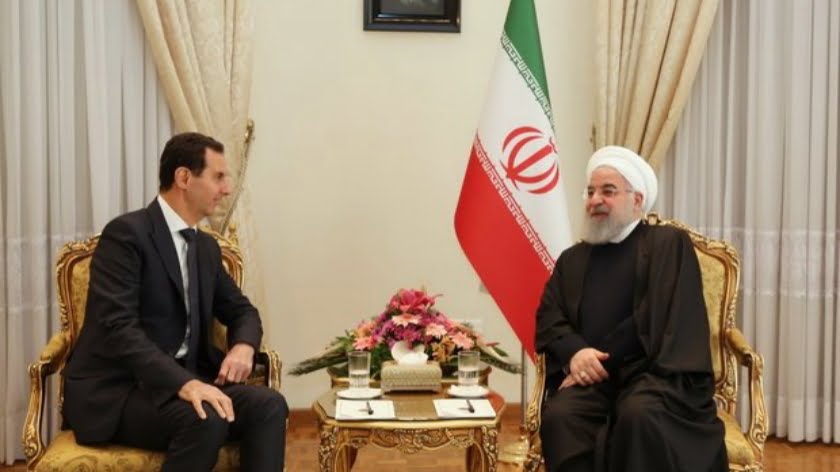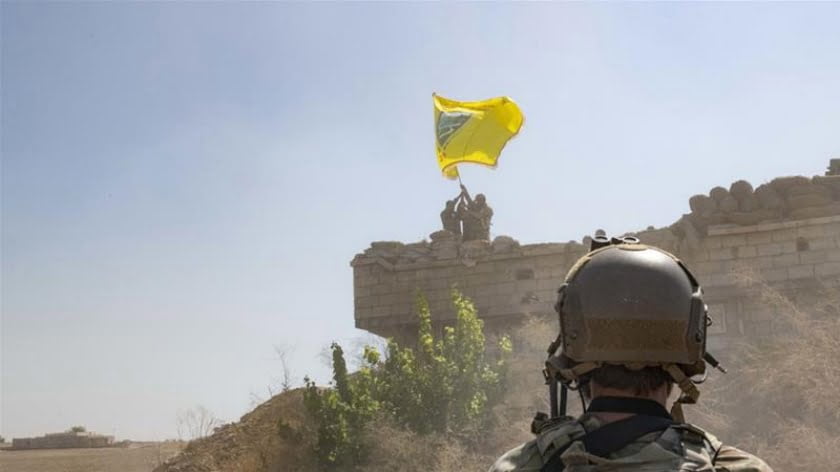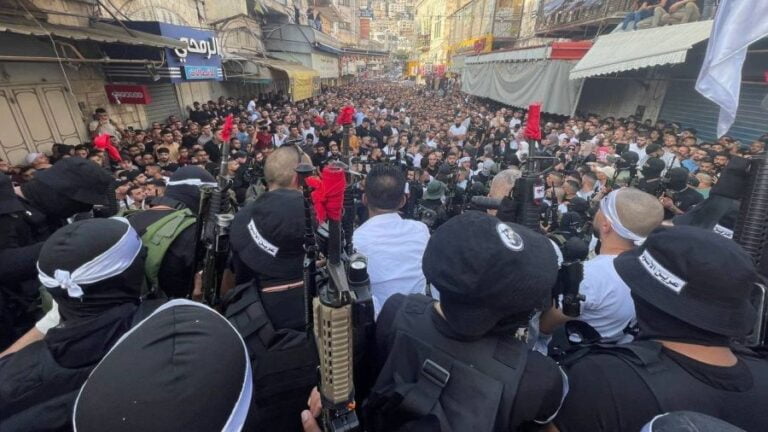Is the Tartus Port Deal a Strategic Trap for Syria?
Russia will be in a prime position to control the bulk of Syria’s international trade and consequently keep an eye on Iran’s maritime exports to the Arab Republic once it obtains control of Tartus port, with it being very likely that Moscow will also exploit this ultra-strategic advantage for political ends as it seeks to advance its own national interests at its “ally’s” expense.
A Premature Celebration?
The news that Syria will soon lease Tartus port to Russia for 49 years was met with loud applause by the Alt-Media Community that instinctively praised this move as a necessary step towards repairing the Arab Republic’s war-torn economy, but the fact of the matter is that such celebrations are very premature and even unwarranted because this forthcoming deal might very well turn out to be a strategic trap. Damascus has the sovereign right to lease out any part of its territory to whoever it wants, but it was probably so desperate for the yearly revenue that this deal will provide that it didn’t think about the long-term strategic consequences. Either that, or it was aware of the risks but was pressured by Russia to ink the agreement anyhow. What follows is an admittedly provocative analysis explaining why the Tartus port deal is completely unnecessary and is likely being clinched by Syria under a degree of duress from Russia considering the context in which it’s occurring.
Trading Tartus For Fuel Relief
The Arab Republic is currently suffering from one of its worst-ever fuel crisis since the start of the eight-year-long conflict, yet while pundits are loudly blaming the US with practically every polemic imaginable, none of them dare to publicly ask “Why Isn’t Oil-Rich Russia Helping Its Syrian ‘Ally’ Survive The Fuel Crisis?“. As the author explained in that hyperlinked piece, Russia is holding off on supporting Syria for purely political reasons seeing as how it’s an oil superpower that already ships large amounts of this resource to the country anyhow in order to fuel its Aerospace Forces. Moscow wants Damascus to finally implement the Russian-written “draft constitution” that it’s hitherto refused to make progress on in any respect since its 2017 unveiling at the first Astana Summit and to initiate the dignified but “phased withdrawal” of Iranian forces from the country, both of which would accomplish the “balancing” objectives presently pursued by “Putinyahu’s Rusrael“.
It can’t be discounted that Crimea’s vague “plans” to “soon” alleviate Syria’s suffering in the fuel crisis are conditional on Damascus clinching the Tartus port deal with Moscow, though the peninsula’s hyped-up pronouncement nevertheless doesn’t answer the original question of why Russia hasn’t already helped its “ally”. In attempting to answer that, it might very well be the case that Russia is exploiting that crisis to squeeze other concessions out of Syria such as handing over control of Tartus port. That facility is one of the country’s only economic gateways to the wider world and was untouched by its conflict, so it’s seemingly inexplicable why Damascus would even consider leasing it to any foreign power unless it was really desperate and possibly pressured to do so by its Russian “ally”. The talking point being spread by the “chattering class” that this will somehow assist with Syria’s economic recovery is therefore exposed as propagandistic and factually false.
The Oligarchic Angle
So too, for that matter, is the claim that Russia will expand its influence in the Mediterranean through this deal since it already has a naval base in that coastal city, so the question naturally arises about Moscow’s true motivation in obtaining control over Tartus port. The most “benign” explanation is that Russia’s influential oligarchs hope to recoup some of the money that they lost through the West’s sanctions by taking advantage of this opportunity to further monopolize their control over the Syrian economy, with President Putin agreeing to this arrangement in order to keep them content during the country’s very sensitive ongoing transition to Post-Putin 2024 (PP24) and stave off the possibility of them disrupting this carefully coordinated years-long process from within as fifth or sixth columnists. Should that be the case, then the oligarchs would need to come up with a plan for beating their Iranian competitor that intends to take control of the nearby Latakia port, but therein lays the relevance of “Putinyahu’s Rusrael”.
Taking Out The Latakia Port
As the author wrote in a recent piece about how “The US’ Plans To Designate The IRGC As ‘Terrorists’ Aren’t Just For Show“, there’s a very high probability that “Israel” will bomb the Latakia port and Iranian-controlled warehouses if Tehran takes over these facilities on the basis that they’re being used for military purposes that could threaten the self-professed “Jewish State”, which could be extremely problematic for Russia considering how close its busy Hmeimim airbase is to those targets and the consequent likelihood of repeating last September’s midair tragedy. That being the case and recalling how the Russian Defense Ministry publicly acknowledged at the time that “Israel” coordinates all of its anti-Iranian strikes in Syria with Russia, it’s very likely that Moscow will either give Tel Aviv the greenlight to destroy its oligarchs’ Iranian competitors in Latakia or clandestinely work to prevent Tehran from taking control of the Latakia port in the first place.
Towards A “New Detente”?
Returning to the Tartus port deal, there’s simply no way that Iran could realistically compete with Russia along the Syrian coast because the Islamic Republic lacks the requisite funds and experience to scale its port operations to that point, so the argument can be made that Russia’s forthcoming control over Tartus months ahead of Iran’s future control over Latakia that’s reportedly supposed to take place by later this year could partially be meant to preempt any possibility of its competitor ever making a profitable return on its investment. In that scenario, the Latakia port deal will either not take place at all, quickly fizzle out if it does indeed go through, or result in Russia coordinating “Israel’s” seemingly inevitable bombing campaign against all Iranian-controlled facilities in that city. The end objective is for Russia to eliminate its Iranian competitors and obtain full control over Syria’s maritime trade, which will not only be very lucrative for its oligarchs, but also grant Moscow an ultra-strategic advantage that it could exploit for political ends.
With Syria dependent on the Russian-controlled Mediterranean coast for most of its trade with the wider world, Moscow could very easily tighten the screws on Damascus and get it to finally agree to the “draft constitution” and to initiate Iran’s dignified but “phased withdrawal” from the country. Moreover, this gatekeeper role could enable Russia to monitor all Iranian maritime exports to the country to ensure that they aren’t of any military use, therefore satisfying one of its “Israeli” ally’s most pressing security concerns. In parallel with Russia’s supervision of Syria’s maritime imports, the US will be doing the same regarding most of its mainland ones through its control of part of the Damascus-Baghdad Highway that many have predicted Iran could utilize for exporting military equipment to the Arab Republic. Taken together, the de-facto coordination between Russia and the US regarding Iran’s “containment” and ultimate expulsion from Syria could possibly precede the much sought-after “New Detente” between these two Great Powers that could realistically be brokered by their joint “Israeli” protectorate.
Concluding Thoughts
The superficial reasoning for Syria handing over control of its Tartus port to Russia for 49 years is that this deal will supposedly improve the Arab Republic’s war-torn economy, but the analysis debunked that claim by pointing out that the coastal city was untouched by the eight-year-long war, therefore raising the obvious question of Moscow’s true motivations behind this move. It can’t be known for sure, but the real reason might very well turn out to be that President Putin wants to satiate the pecuniary appetite of his increasingly restless oligarchs and prudently expects this to be the first step towards Russia’s full monopolization of the Syrian marketplace. Correspondingly, the establishment of such unparalleled control over the country would enable Russia to leverage its ultra-strategic position for political ends related to finally achieving Syria’s implementation of the “draft constitution” and its initiation of Iran’s phased but “dignified withdrawal” from the Arab Republic. Due to the “savior complex“, however, Alt-Media is blind to these designs, but they should learn that “It’s Okay To Constructively Criticize Russia Because Even President Putin Does It!”
By Andrew Korybko
Source: Eurasia Future








5 Comments